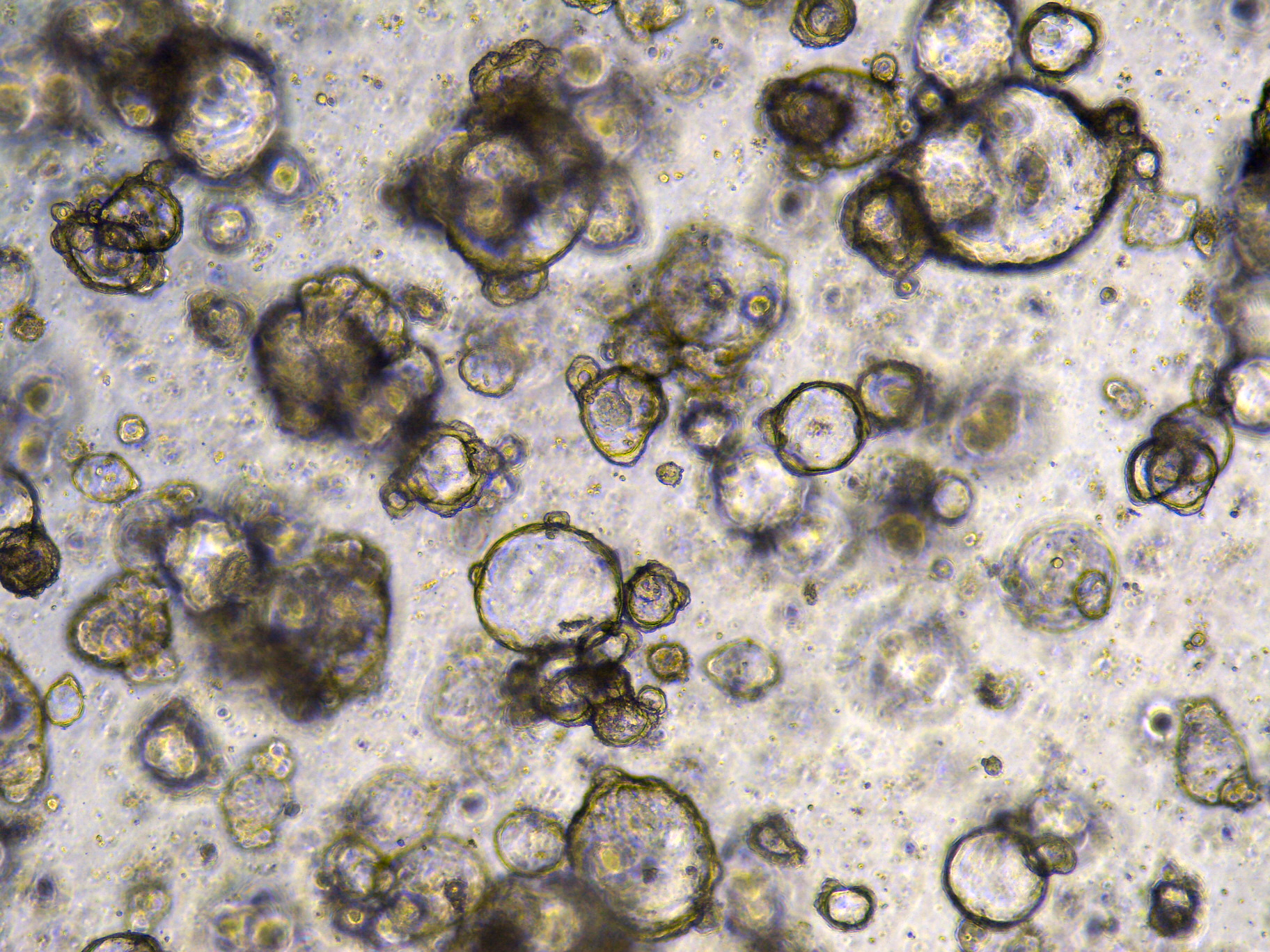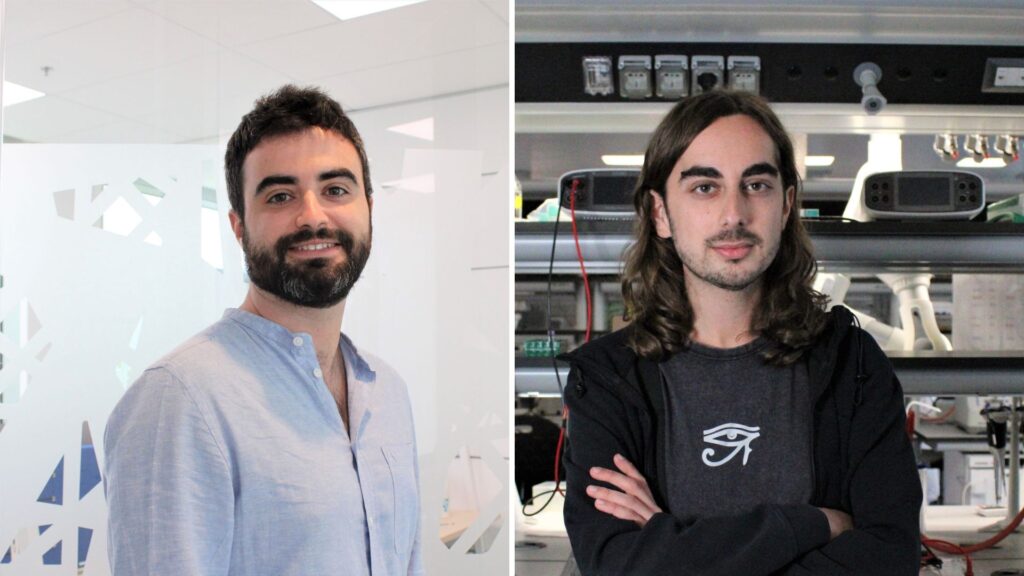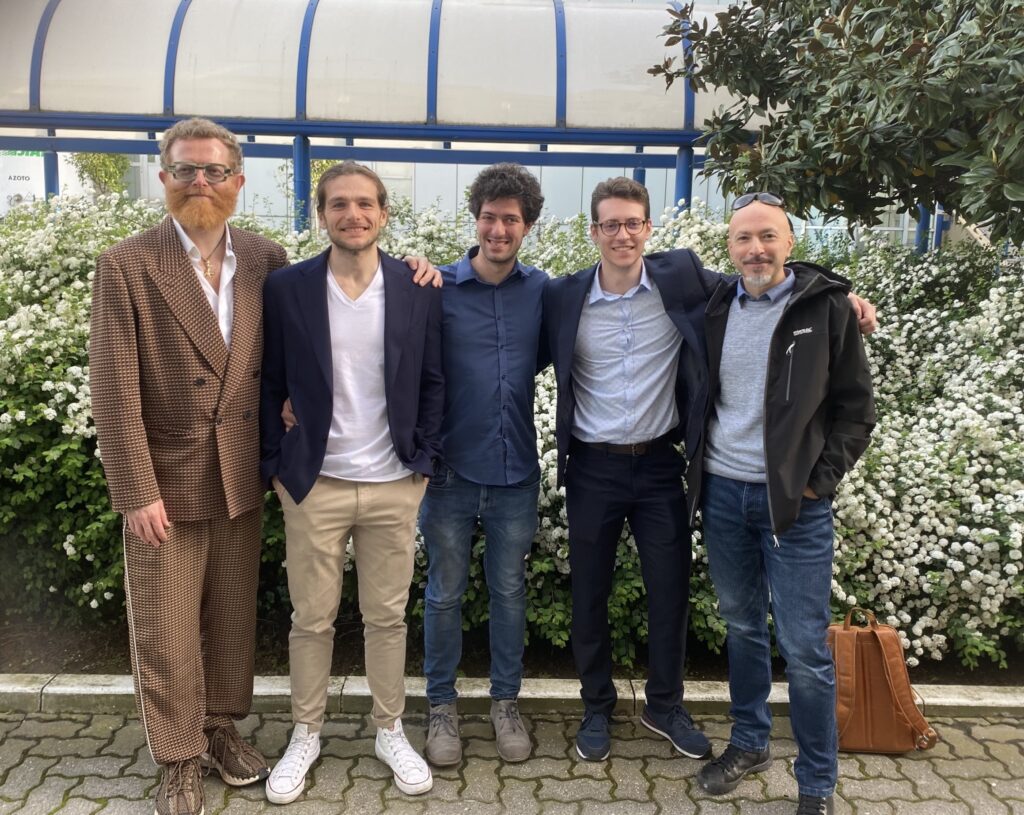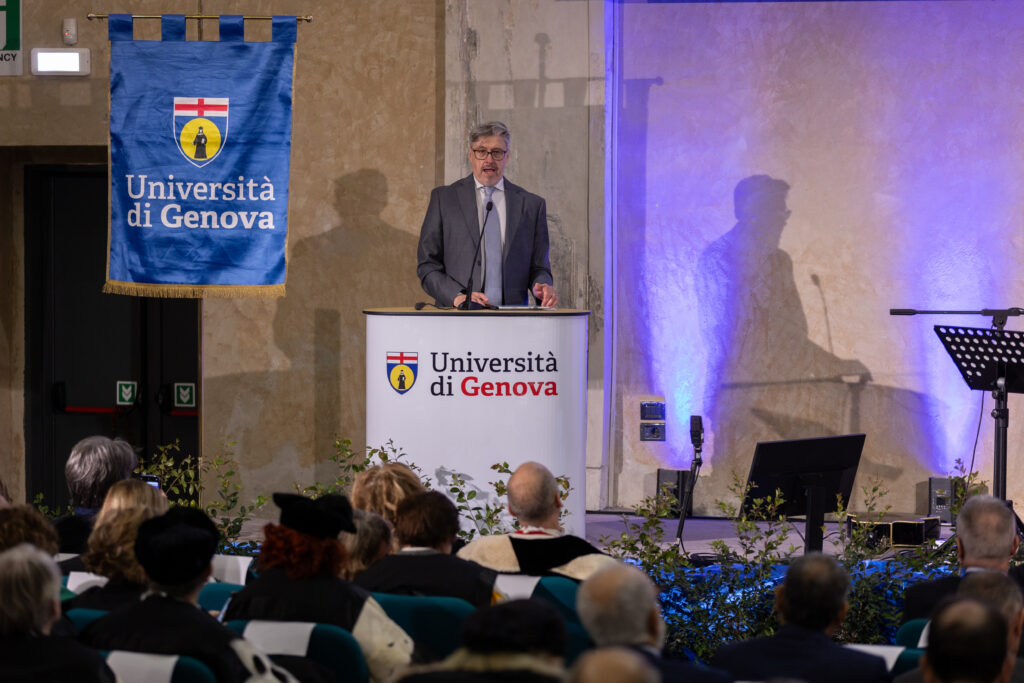Mapping all cancers’ weaknesses

Scientists from some of the world’s leading genomics research centres launch a call to action to build the “Cancer Dependency Map”, a map to chart genes linked to tumour survival and identify drug targets. The call the action is published today in Nature and has among its supporters Francesco Iorio, bioinformatician, group leader of the Computational Biology Research Centre at Human Technopole and team leader at the Wellcome Sanger Institute. Human Technopole will be the first Italian research centre to support the project, with a specific focus on brain tumours and computational methods.
To identify a tumour’s genetic weakness one must analyse an enormous amount of data and involve as many scientists and global research institutes as possible. For this reason, two of the world’s leading genomic institutes, the Wellcome Sanger Institute in Cambridge (UK) and the Broad Institute of Harvard and MIT in Cambridge (Massachusetts, USA) have decided to launch a call to action for the realisation of the Cancer Dependency Map: an initiative that identifies the essentiality and function of genes and proteins at the whole genome level and in each type of tumour.
The aim of the project is to identify new and/or existing drugs to fight cancer by acting on selected genes which are essential to the cancer’s survival. To reach this ambitious result, it has been estimated that about 20,000 genes will have to be “turned off” and the activity of 10,000 drugs in at least 20,000 cancer models will have to be evaluated, by measuring how the inactivation affects the growth and survival, morphology, gene expression and general characteristics of cancer cells. Researchers estimate that the project will require an overall investment of between 30 to 50 million dollars over a decade.
Among the promoters of the project, described in article published today in Nature, is Francesco Iorio, bioinformatician, group leader of the Computational Biology Research Centre at Human Technopole and team leader at the Wellcome Sanger Institute. In fact, Human Technopole will be the first Italian institute to support the project.
Iain Mattaj, Director of Human Technopole, commented: “About 15 years ago scientists and doctors around the world decided to characterise the genomes of tumours from thousands of patients thanks to large scale projects such as the Cancer Genome Atlas and the International Cancer Genome Consortium. Development and application of the majority of antitumoral drugs approved recently has benefited from the data generated by these incredible endeavours. However, less than one fourth of cancer patients is able to benefit from precision medicine. For this reason, we have decided to support the Cancer Dependency Map. Human Technopole will focus mainly on brain tumours, thanks to the expertise available in our Neurogenomics research centre, led by Prof. Giuseppe Testa, as well as on computational methods and data analysis”.
Francesco Iorio, bioinformatician, group leader of the Computational Biology Research Centre at Human Technopole and team leader at the Wellcome Sanger Institute, underlines: “Our aim is ambitious: we want to examine in the lab the effect of drugs and intervention on the activity of genes in every possible type of cancer and make the data accessible to researchers and artificial intelligence experts around the world. We finally have technologies, from genome editing to CRISPR-Cas9 and computer science, which make this challenge possible. At the same time, scientists need to have access to the proper resources: for this reason, we are launching this call to action to our colleagues and possible supporters. The input of bioinformaticians will be critical, not only because computers allow us to read, archive and analyse a huge amount of data generated from the project, but also because we will need to make sure that all centres involved collect data according to specific standards that make them easily comparable and integrable”.
The Cancer Dependency Map has already launched its pilot phase: dozens of cancer types have been analysed and the project has already allowed the discovery of over 30 drug targets which led to clinical trials. The data collected in this initial phase have been accessed daily by 1,500 researchers from over 100 different countries.
THE PROJECT
In oncology, an “addiction” is a gene, a protein, or any other molecular characteristic on which a tumour depends for growth. You might also call it a vulnerability. An example are genes that directly stimulate the reproduction of cancer cells or that regulate the production of proteins essential for its growth. The Cancer Dependency Map intends to systematically map these vulnerabilities by intervening directly on each gene and protein and measuring what happens in cancer cells as a result of these perturbations, in thousands of different cancer models, at different stages of disease development and in different clinical frameworks. The project is a step forward compared to the genetic sequencing studies of tumours carried out until now because it is not limited to mapping their DNA but investigates what happens if we intervene on them.
The project will start by expanding the range of drugs and genetic manipulations used in the experiments compared to the pilot phase. Genome intervention tools such as CRISPR can knock out genes, turn genes on and off, and even manipulate genetic sequences. These actions can be performed on many types of cancer and cellular contexts (such as in the presence of immune cells and other non-cancerous cells). The most significant evolution of the project will be during a second phase when the number of cancer models (cell lines and organoids) under study will expand, compared to the pilot phase which examined around 1,000 tumoral cell lines.
The project will also aim to collect data which today is insufficient or unavailable, for example the genetic characteristics of tumours types common in populations of non-European descent, drug-resistant tumours, tumours in the early stages of the disease, rare or paediatric cancers. It will also investigate new therapeutic paths: for example, by identifying drug targets promoting senescence, a condition in which cells survive but without reproducing.
*************************
Nature, 28 Janaury 2021
Cancer research needs a better map
Jesse S. Boehm (1), Mathew J. Garnett (3), David J. Adams (3), Hayley E. Francies (3), Todd R. Golub (1,2), William C. Hahn (1,2), Francesco Iorio (3,4), James M. McFarland (1) Leopold Parts (3) Francisca Vazquez (1)
- Broad Institute in Cambridge, Massachusetts, USA
- Dana- Farber Cancer Research Institute in Boston
- Wellcome Sanger Institute in Hinxton, UK.
- Human Technopole, I-20157 Milan, Italy.
Image: tumour organoids, credit: Wellcome Sanger Institute




